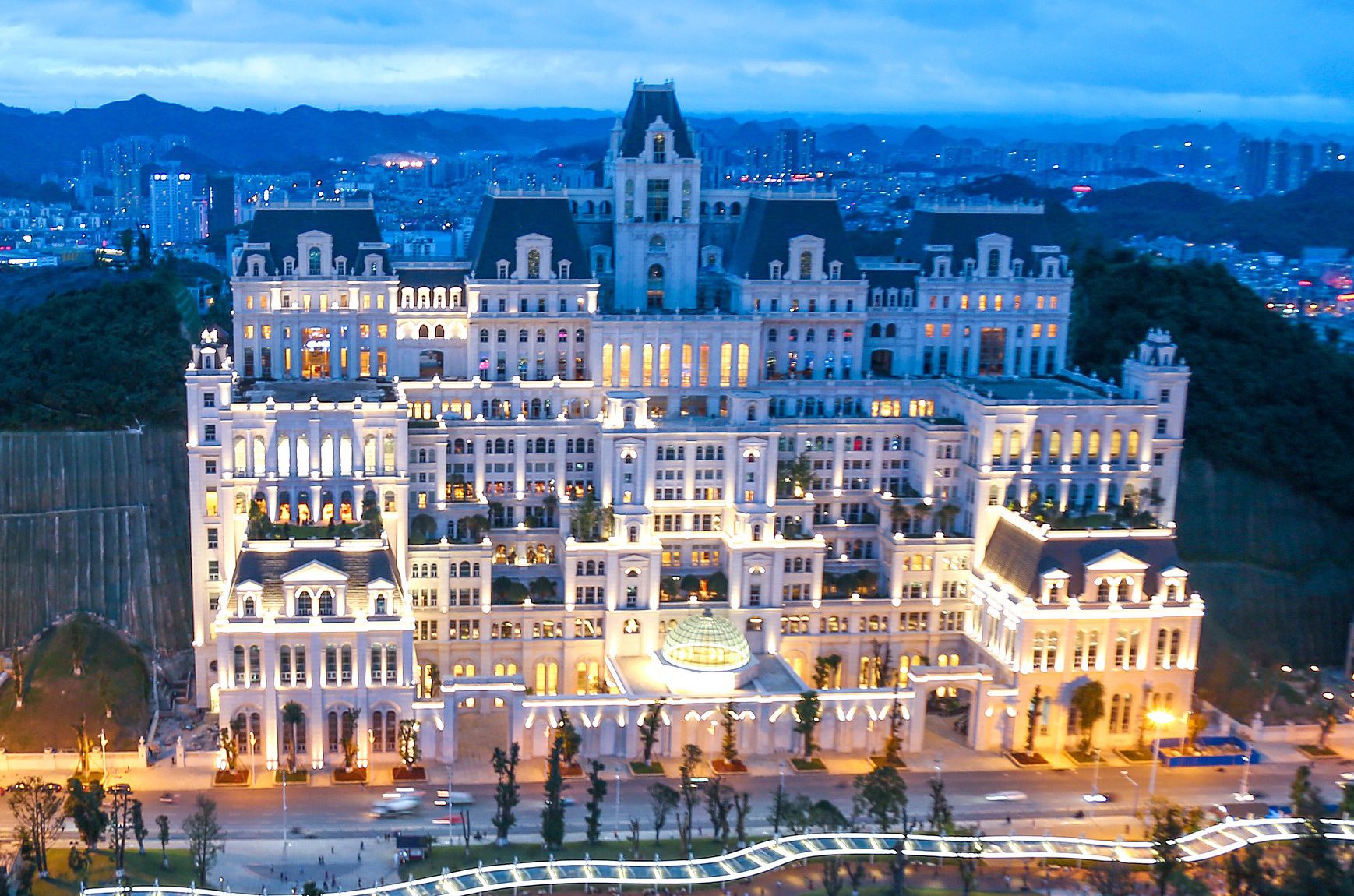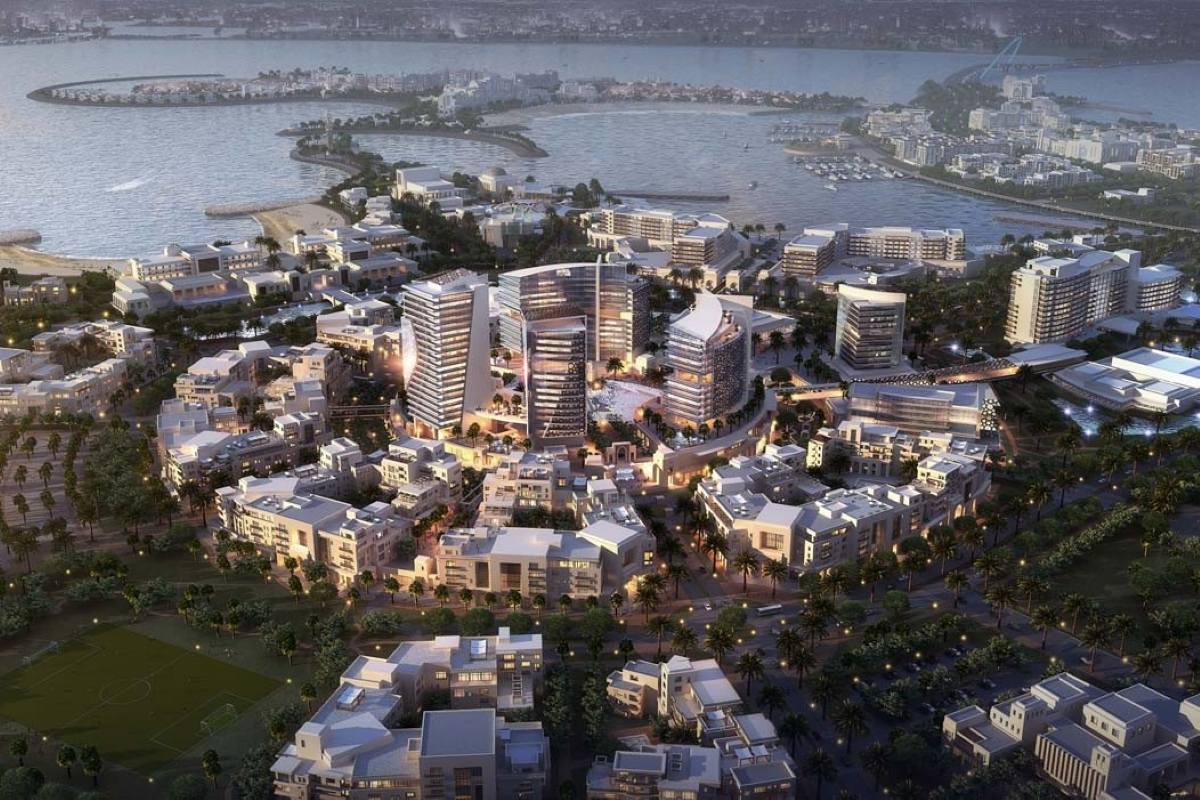Accor Strengthens Its Footprint in the Collection Brand Space

Skift Take
This sponsored content was created in collaboration with a Skift partner.
One might think that a hospitality group with more than 40 brands in its portfolio would be content to rest on its laurels. But Accor has never been about sticking with the status quo.
Accor’s 50-year history began with the goal of bringing leisure travel experiences to the economy and midscale traveler at a time when a vast majority of hotels were strictly places of luxury for the upper class. That concept of looking for gaps in hospitality market segments and filling them with innovative solutions has informed the company’s growth and development strategy ever since.
Five decades later, Accor has grown to become one of the biggest players in nearly every market segment, from economy through luxury, as well as in newer concepts like lifestyle, all inclusive, branded residences and serviced apartments, and private home and villa rentals, among others.
Newly Launched Emblems Collection
Accor is now adding its new Emblems Collection to its product line. In today’s world, the need for collections is greater than ever, as travelers seek unique lodgings and hoteliers look to leverage the benefits of a larger organization — without giving up their property’s culture and identity.
The flagship hotel of this global portfolio of luxury hotels and resorts, Guiyang Art Centre Hotel, Emblems Collection, opened in China’s Guizhou province in December 2022. As Agnès Roquefort, chief development officer at Accor explained, “It truly embodies the qualities that make the brand so enticing — a grand and enigmatic palace that has long captured the imagination of locals and tourists. With Emblems Collection, we’ll bring a fresh, modern expression of luxury to this wonderful place that is already so rich with its own unique character.”
According to Roquefort, the pandemic created a demand from independent and boutique hotel owners looking to boost their profiles, connect with more audiences, and put themselves back on the map. Yet the idea of joining an established brand with strict brand standards, thereby potentially compromising their own hotel’s specially-curated identity, is not particularly appealing.
That’s where the concept of the Emblems Collection comes in. “The brand standards are intended to be flexible and easy to achieve for an existing luxury hotel,” said Roquefort, so “hoteliers will immediately benefit from Accor’s vast sales, distribution, and loyalty platform.” Making it even more attractive to potential owners and developers, Emblems Collection is also the only Accor luxury brand to offer the option of franchise agreements.
The Present and Future of Accor’s Collections Vertical
The Emblems Collection will initially consist of hotels falling into one of three categories. The Emblems Collection Heritage will be made up of landmark properties that contribute to the character of a city, place, or nation, along with properties that celebrate the hallmarks of history and classic cultural traditions. Emblems Collection Retreat will comprise resort properties, many of which will offer spa and wellness experiences. Emblems Collection Signature will encompass design-led hotels embodying a particular aesthetic, often paying homage to the style of the designers or original residents who contributed to the hotel’s legacy.
Accor expects the Emblems Collection to grow to 60 properties globally in leading cities and resort locations by 2030. As the collection expands, it will likely augment the portfolio with branded residences, one of the fastest growing sectors of the industry. “Ideal properties will include landmark destinations, countryside retreats, and design-led boutique hotels. But above all, we’ll look for luxury hotels that are somehow ‘emblematic’ of their designers, demographics, or destinations,” Roquefort said.
Expanding on Proven Success
Emblems Collection is Accor’s second entrant in the collections arena following MGallery Hotel Collection, its first such offering, which launched in 2008.
MGallery is a premium collection of properties that express their own unique history and personality, based on the owner’s vision. “An ‘MGallery experience’ may center around bespoke design, well-being for women, artful stories, or sensorial mixology,” Roquefort said. It has proved to be a successful formula, as MGallery has grown to more than 100 hotels throughout all corners of the globe. The goal is to add more than 45 more MGallery hotels and 6,700 new rooms by the end of 2023.
“What we’ve learned from MGallery is the power of allowing a hotel to be its authentic self,” said Roquefort. “In most cases, the hotelier has brought to life a vision that has proven to be successful, or the owner has acquired a property with a rich history that they want to revive and celebrate. Our role is to essentially endorse the hotelier’s vision, bolster it with a few of our own must-haves, and share it more broadly with the world.”
Following its success with MGallery and the recent global fanfare of its Emblems Collections debut, is there still room for Accor to grow further in the collection brands space? “We definitely aren’t ruling it out. It is something we continue to review and analyze, especially across other segments,“ said Roquefort. “Our growth across this vertical is being fueled by customer demand, and we strongly believe authenticity and unique hotel experiences are also appreciated beyond just the high-end segment.”
A Plan for Global Growth
Certainly, Accor’s vast presence in Europe will prove to be a big advantage in signing up properties in need of brand affiliation as travel recovers. There are 3.3 million independent hotel rooms across Europe compared to 2.1 million attached to a brand, according to STR, versus the U.S., for example, where nearly 4 million rooms are branded and 1.5 million are independent.
Therefore, there are plenty of luxury heritage hotels that might be candidates for either Emblems Collection Signature or Emblems Collection Heritage. But Europe is not the only target. Among the non-European cities slated for potential growth are Cairo, Doha, Bangkok, Seoul, Montréal, New York, Australia’s Gold Coast, and several places in Latin America.
“Our growth and development activity aligns with Accor’s augmented hospitality strategy. In support of this, we continue to search for new and meaningful ways to expand our product offerings,” Roquefort said. “Diversity is very important to Accor — among our workforce, our client base, and our brands — so we must constantly evolve and innovate to stay fresh and relevant to our many different stakeholders and markets and meet the ever-changing interests of our guests.”
This content was created collaboratively by Accor and Skift’s branded content studio, SkiftX.





